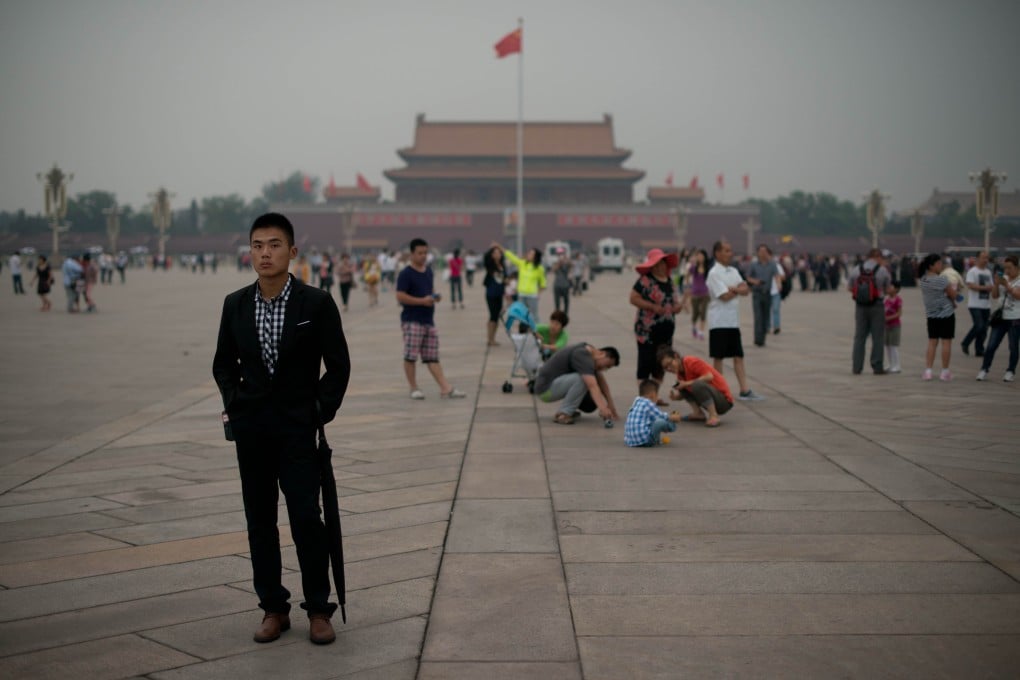Will a democratic China harm Hong Kong?
Once democratised, China could hurt Hong Kong even more. This is what Dr Horace Chin Wan-kan, a core member of the "nativist" movement in Hong Kong, told Hongkongers in an article published on June 4.

This is not the first time Dr Chin has warned of the dangers of a more democratic China. In his latest publication, he has once again substituted imagination for reason.
"What we Hongkongers need is not a democratic China, but to build Hong Kong into an autonomous city-state first, merging the British culture with a restored Chinese culture," wrote Dr Chin. Next, Hongkongers should push for a "Chinese Confederation" consisting of separate and parallel states in China, Taiwan, Hong Kong and Macau, he suggested.
However, under Hong Kong's current political situation, this proposal not only sounds hallucinatory, but also comes dangerously close to breaking the Basic Law by advocating sedition.
How could a democratic China harm Hong Kong? Well, according to Dr Chin, democracy requires customs of morality, cultural dignity, civil society, rule of law and professional conduct, none of which China possesses today. When democracy replaces one-party rule in China, populism will reign in the legislature, dissolving the "one country, two systems" commitment and Hong Kong's valuable resources would become fair game to a voracious China.
All politics is local, as the famous US political saying goes. Dr Chin's cause, an emphasis on Hong Kong's unique identity, obviously has much relevance to Hong Kong - now under the shadow of an authoritarian China. He also makes sense when advocating that Hongkongers should care about themselves first before worrying about the world. However, what really defies reason, and smacks of hypocrisy, is when a champion for democracy like Dr Chin tells us that a vast number of people living under authoritarian rule should remain that way, or all hell will break loose.